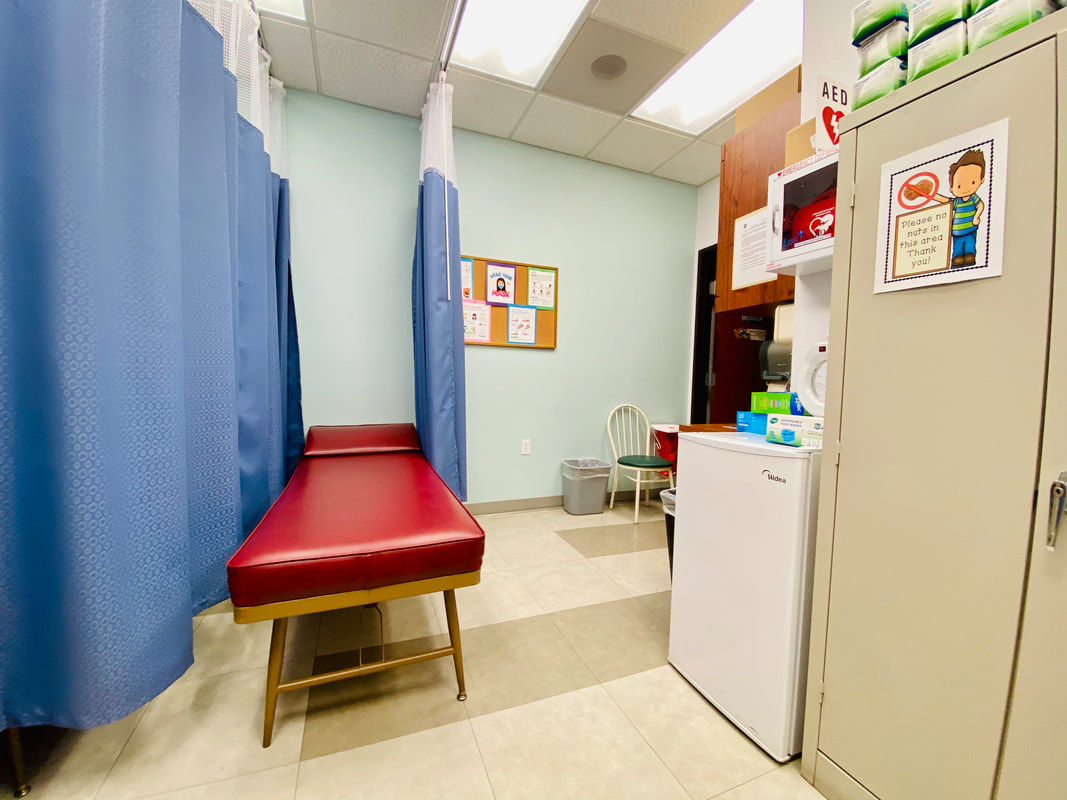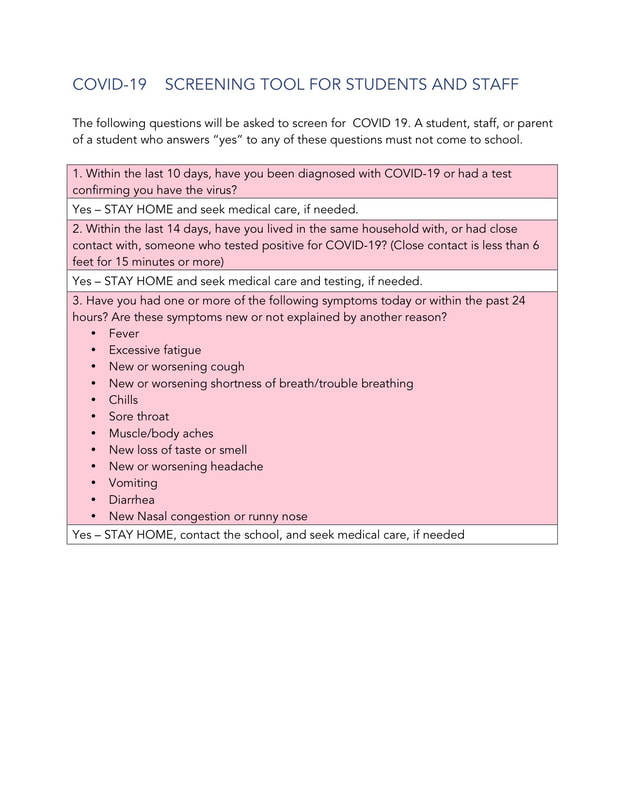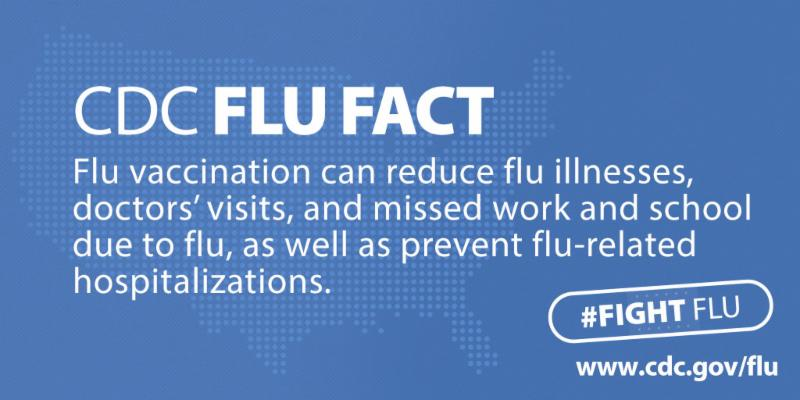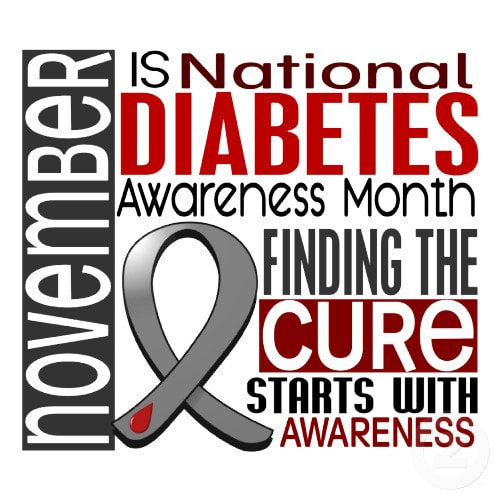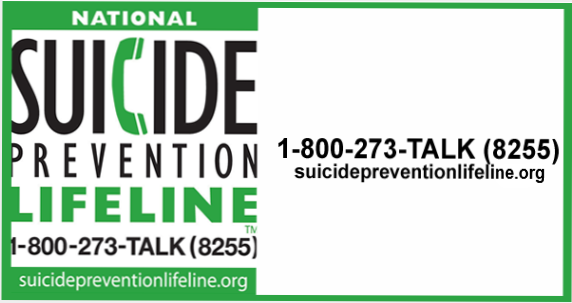Nurse's Office
|
Your Children's Health
The health of your children and our school staff is our prime focus each year. While a great deal of time is spent on treating children with injuries or illness, a large focus is also spent on prevention. These are a few of the activities we cover each year for the specific grades:
|
Forms
- Authorization for Use of Disclosure of Health Information 2024-2025
- Physician's Request for the Administration of Medication by School Personnel
- Parent Request for the Administration of Medication by School Personnel
- Asthma School Form
- Food Allergy & Anaphylaxis Emergency Care Plan
- https://www.immunizenevada.org/school-vaccinations
- Pre-Kindergarten Required Health Form
Guidelines for Keeping our School Healthy
Illness
Your child will be sent home from school if they have a fever of 100.4°F or higher, or are experiencing diarrhea or vomiting due to illness.
Communicable Diseases
Fever
Remind your child to cough or sneeze into their elbow sleeve or a tissue. Remind your children to wash their hands frequently.
By following these simple guidelines, we can help minimize the exposure of other children and school staff members to illness. We want your child to have a successful school year which means they need to be and feel healthy to learn.
Illness
Your child will be sent home from school if they have a fever of 100.4°F or higher, or are experiencing diarrhea or vomiting due to illness.
Communicable Diseases
- Communicable diseases are those illnesses which are spread from one individual to another, usually through respiratory droplets spread through coughing or sneezing.
- Children are often contagious before signs of illness appear such as fever, sore throat, or cough. These illnesses are most often respiratory viruses, such as colds or influenza, but may include illnesses such as measles or chickenpox.
- Once your child has developed symptoms of illness such as fever, cough, or sore throat, we ask that you please keep your child home from school.
- If your child has been prescribed antibiotic treatment for their illness, please wait until your child has received medication for a full 24 hours after the first dose of antibiotic before sending him/her back to school.
Fever
- Please keep your child home if he or she has a fever of 100.4°F or more. Your child should stay at home until they are without a fever for 24 hours without receiving medication such as acetaminophen (Tylenol®) or ibuprofen (Advil® or Motrin®).
- Please do not medicate your child before school to lower his/her fever and send him to school. Fever is the body's response to fighting infection, and your child needs time to rest and recuperate.
Remind your child to cough or sneeze into their elbow sleeve or a tissue. Remind your children to wash their hands frequently.
By following these simple guidelines, we can help minimize the exposure of other children and school staff members to illness. We want your child to have a successful school year which means they need to be and feel healthy to learn.
Covid-19 Updates
|
Flu Prevention
While the timing of flu season is unpredictable, seasonal flu activity can begin as early as October and last as late as May. In fact, the Centers for Disease Control and Prevention recommends that people get vaccinated by the end of October, if possible. As you know, the flu vaccine can reduce flu illnesses, doctor's visits, missed work and school days, and prevent flu-related hospitalizations and deaths in children. Thank you for leading by example by getting your child and your flu vaccine. More about the Flu |
|
Global Handwashing Day
Global Handwashing Day is celebrated on October 15th each year. Global Handwashing Day (GHD) is a campaign to motivate and mobilize millions around the world to wash their hands with soap. The campaign is dedicated to raising awareness of handwashing with soap as a key approach to disease prevention. Click here for additional information. |
|
Diabetes
There isn’t a cure yet for diabetes, but a healthy lifestyle can really reduce its impact on your life. What you do every day makes the difference: eating a healthy diet, being physically active, taking medicines if prescribed, and keeping health care appointments to stay on track. Resources |

